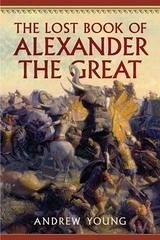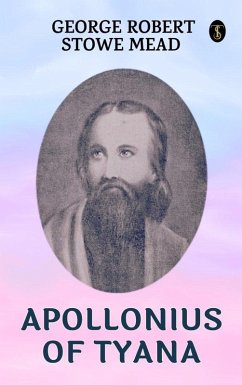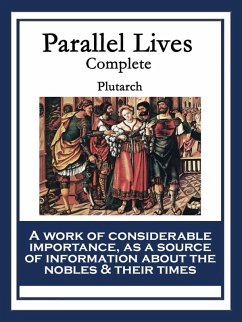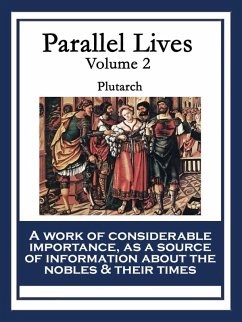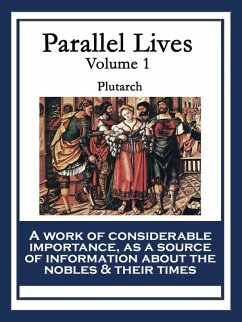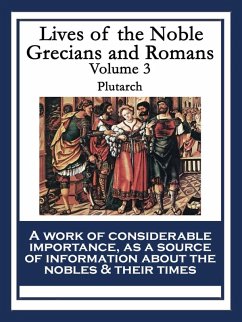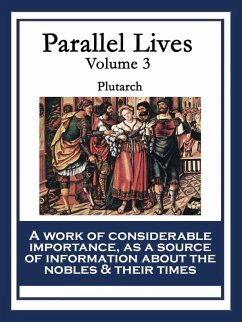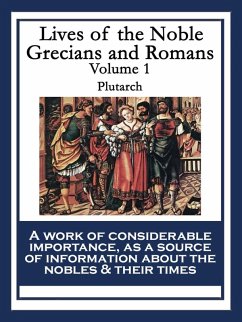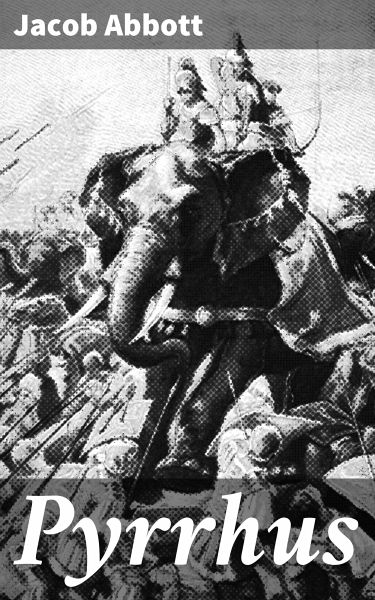
Pyrrhus (eBook, ePUB)
Makers of History

PAYBACK Punkte
0 °P sammeln!
In "Pyrrhus," Jacob Abbott presents a vivid biographical account of the illustrious Greek king of Epirus, known for his pivotal role in the early confrontations of the Hellenistic world. Abbott skillfully employs a narrative style that combines historical detail with engaging storytelling, enabling readers to grasp not only the life of Pyrrhus but also the broader political and cultural contexts of ancient Greece. The work is situated within the genre of historical biography, marked by meticulous research and a focus on both the public and private facets of its subject, drawing parallels betwe...
In "Pyrrhus," Jacob Abbott presents a vivid biographical account of the illustrious Greek king of Epirus, known for his pivotal role in the early confrontations of the Hellenistic world. Abbott skillfully employs a narrative style that combines historical detail with engaging storytelling, enabling readers to grasp not only the life of Pyrrhus but also the broader political and cultural contexts of ancient Greece. The work is situated within the genre of historical biography, marked by meticulous research and a focus on both the public and private facets of its subject, drawing parallels between Pyrrhus's determination and the tumultuous historical backdrop against which he lived. Jacob Abbott was an influential American author and educator in the 19th century, renowned for his contributions to children's literature and history. His interest in Axis figures of antiquity and his desire to accessible portrayals of complex historical figures led him to write "Pyrrhus." Abbott's educational philosophy emphasized the importance of storytelling in teaching history, reflecting his belief that narratives could inspire younger audiences and cultivate a passion for learning. For readers intrigued by the intricacies of ancient politics and the personalities that shaped them, "Pyrrhus" emerges as an invaluable resource. The book offers not only an enlightening exploration of a lesser-known historical figure but also serves as a compelling introduction to the era of Greek warfare and statesmanship. Abbott's blend of factual rigor and narrative artistry makes this work essential for both history enthusiasts and general readers alike.
Dieser Download kann aus rechtlichen Gründen nur mit Rechnungsadresse in A, B, BG, CY, CZ, D, DK, EW, E, FIN, F, GR, H, IRL, I, LT, L, LR, M, NL, PL, P, R, S, SLO, SK ausgeliefert werden.




